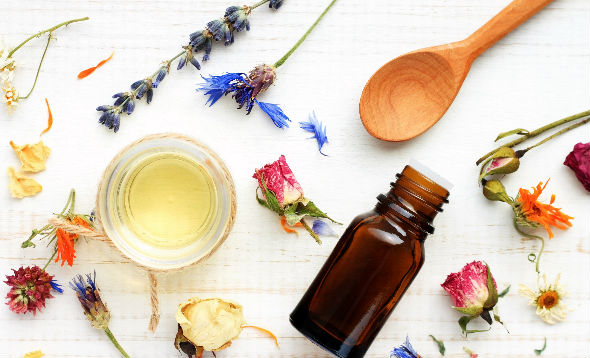That organic living is a conscious health choice
What You Need to Know about Organic Skincare
What exactly is organic skincare? Words like ‘natural’, ‘botanical’ or ‘organic’ have been bandied about freely by beauty brands to justify a premium price but how do you know if the claims on the labels are really true?
For a skincare product to be labelled as certified organic, it must contain 95% certified organic ingredients, excluding water and salt. This means the raw ingredients must be extracted from plants, trees, seeds, nuts, fruits or vegetables that are grown organically. These certified organic ingredients undergo strict extraction processes so that they retain their integrity and are not tainted with nasty chemicals.
There are three levels of organic certification and Singapore now has food regulations for the use of the word organic to be labelled on products. Products that claim to be organic must be certified by an approved certification body applying the Codex Alimanteius guidelines.
Universally, the three levels of organic certification are:
- A -Grade = 100% Certified Organic
The products have to be made with 100% certified organic ingredients.
- (Also) A -Grade = 95% Certified Organic
The products have to be made with 95% certified organic ingredients.
- Made with Organic Ingredients
The products have to be made with between 70% to 94.99% certified organic ingredients.
Why organic certification and what’s the big deal?
Globally, eco-conscious consumers are becoming more concerned about minimising their environmental impact. With organic skincare products, there won’t be much cause for worry about chemicals polluting waterways because there aren’t any in the bottle to begin with. Also, with organic skincare, no testing on animals or use of animal bi-products (except honey and beeswax) is allowed.
Certified organic skincare products use ingredients which have been applied to the skin for thousands of years – dating back to when Cleopatra ruled Egypt. These amazing natural ingredients are known for their healing and anti-aging benefits.
What organic skincare works best?
If you want pure organic skincare, look for formulations that use organically grown ingredients. You’ll be sure that the ingredients are non-GMO, and do not contain nasty parabens, petrochemicals or nanoparticles like talcum powder.
Here are some pure, organic ingredients that I like to have on hand:
Rosehip oil: Harvested from the seeds of rose bushes, this oil is full of vitamins, antioxidants and essential fatty acids. Use it to lighten dark spots, hydrate dry and itchy skin, and reduce scars and fine lines.
Jojoba oil: The only oil known to resemble human sebum - a waxy substance naturally produced by our oil glands, Jojoba oil is a great moisturiser and can improve the overall health of the scalp when used regularly.
Aloe Vera: Known for its ability to promote skin health and heal sunburnt skin quickly due to its rich antioxidant content.
Lavender essential oil: Enhances blood circulation and treats respiratory problems.
Sandalwood essential oil: A known antiseptic with anti-inflammatory properties, this oil soothes the skin and relieves irritation.
Not all skincare is created equal, so source for the ones that Mother Nature meant for us to use!



























_1672804154.jpg)

_1611290459.jpg)